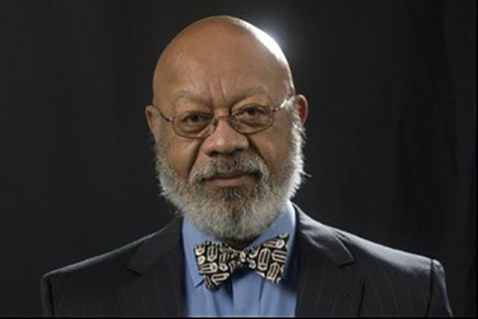By Dr. Harold A. Black
In a previous column I wondered whether the forces that bind such a diverse collection of citizens could rend asunder causing states to secede or partition. The last state that was partitioned was with the unconstitutional creation of West Virginia. The western counties of Virginia did not favor leaving the union and joining the Confederacy. They formed their own “Virginia” legislature which was recognized by the Union and in essence seceded from Virginia. This secession was the culmination of frictions that had lasted for 100 years between the western counties and the eastern slaveholders and large landowners. The friction between the current western Virginia counties and the rest of the state continues today. With Virginia politics being dominated by the liberal large cities and the Washington, DC suburbs, the more rural counties feel that they are being subjugated by an alien body politic. As a consequence, they have sought to leave and join the state of West Virginia. The governor of West Virginia stated that he would welcome “with open arms” neighboring Virginia counties to join his state. Currently, such an occurrence is unlikely. The Constitution says that the state legislature has to approve the partitioning of its state, something that few states would allow. Disgruntled Virginians are left with only the choices of grinning and bearing it or moving, neither of which are particularly appealing.
However, Virginia is not an isolated case. Many Californians would like to see their state partitioned, some north versus south and others coastal versus inland. Western Oregon counties have explored joining Idaho. Upstate New Yorkers tired of being dominated by the New York City MSA have explored secession. When Texas joined the Union, it was given the right to split into 5 different states. Here in Tennessee, Scott County passed a proclamation in 1861 refusing to joining the Confederacy and seceding from the state. Incidentally, the secession was not rescinded until 1986.
The question is: Are we at one of those inflection points where the possibility of succession has increased? The answer may lie in HR 1 The so-called “For the People Act.” In essence the bill (please read it for yourself) federalizes the election processes in the states. It requires states to implement early voting, automatic voter registration, same-day registration, online voter registration, no-fault absentee voting and prohibits requiring voter ID. It requires states to automatically register all individuals (as opposed to “citizens”) from state and federal databases, leading to the registration of ineligible voters and even multiple registrations. It bans witness signature and notarization requirements for absentee ballots. It prevents the checking of eligibility of voters and removing ineligible voters. It would regulate and censor political speech and give felons the right to vote immediately upon release from prison. It provides for federal funding of congressional elections. Also it removes the right to draw congressional districts from the states and gives it to “independent” commissions.
This bill has passed the House on a strictly partisan basis. Only one Democrat (Bennie Thompson of Mississippi) voted against it The bill faces an uncertain future in the Senate where two Democrat senators are on record opposing it. Personally, it troubles me that anyone other than a diehard socialist would vote for this bill. The so-called moderate democrats in the House voted for the bill and two democrats in the Senate are the only factors preventing its enactment. The bill is an usurpation of states’ rights granted by the Constitution and as such should be opposed regardless of its contents. But then again constitutionality is in the eye of the beholder. It is a document – much like the Bible – where opposing sides can find succor in its pages. I am reminded of a conversation I had with a congressman when I was lobbying against a proposed bill. I stated “but isn’t that unconstitutional?” His reply was “a lot of what we do up here is unconstitutional.”
I hate to be dramatic, but if HR 1 becomes law and is upheld by the Supreme Court, I believe it will start the unraveling of our country. First off, it will be the latest power grab by the Federal government that weakens states’ rights and threatens our democracy. This is part of the move by the Democratic party to the far left, joined by colleges, local boards of education, “woke” corporations, TV networks and social media spouting critical race theory, and dumbed down academic currical, to restrict free speech and to enspouse equity over equality.
I think it likely that many states will reject this federal takeover of elections. The Founders envisioned a country of shared powers and checks and balances. Most envisioned the federal government as government with a small “g”. However, over time, the federal government has taken more and more powers away from the states. Prior to the Civil War, it was proper to say “the United States are”. Afterwards, it became “the United States is”. Harking back to West Virginia, there may come a time when some of the states have had enough and HR 1 just might be the catalyst to spark a breakup of the “United” States of America.







